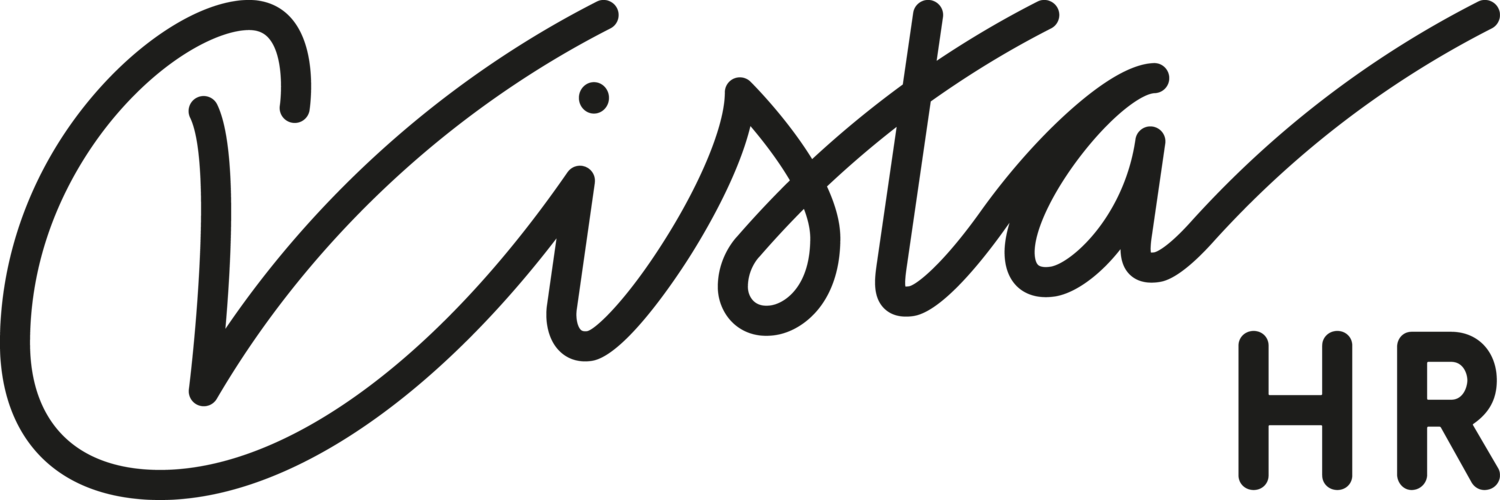Job hunting – applying for job opening one after another yet did not get any responses. What could have happen back-end? Job openings are being snagged by internal referred candidates? Are you not going for the right jobs with your skills?
It is never about hoping to get calls for interviews anymore. It doesn’t just work by waiting… Job hunters got to make sure that you use various methods to stand out from the crowd.
Fret not, make sure you stand tall above the job-seeking crowd, and below are some ways that can help you in achieving a quicker success rate during your job hunting process.
Aim for the Right Jobs
Your current position and experiences should better somewhere relevant in the job market. Do your own researches before you start applying for jobs - Match your skills, interests and job exposures to the right career choice and the companies’ requirements. There are many factors that you can look at, for example, your experiences have equipped you with the right skills to move up the next level in your career path. You have intended to look for a higher job title or salary, you should not send out your resume aimlessly, even when you see that the salary does not match you.
Create a searchable social media profile
In our era of technology, recruiters rely a lot on social media and technology platforms to source and look out for potential candidates. Of course, this does not deter recruiters from forgetting about human touch. LinkedIn is one of the platforms that recruiters are engaging with candidates these days. Unless you are not expecting any contacts to get in touch with you, please always keep your job portal profiles visible for all. You will never know what good deals or great opportunities might come your way.
Expand your network
Just by applying on job portals is not sufficient in the market nowadays. Expand your network and get your words around your trusted friends and colleagues that you are on a lookout. They can be the ones who might even recommend greater jobs to you.
Be proactive
It is no longer in the era that the longer you wait; the better ones will come your way. You have to fight for what you want. You have to send reminder emails or even a second email so that the employers will be able to take notice of your email. While you are assertive and proactive in getting in contact with the recruiters or employers, this increases your chance and also says something about you, and your eagerness in getting into the job.

